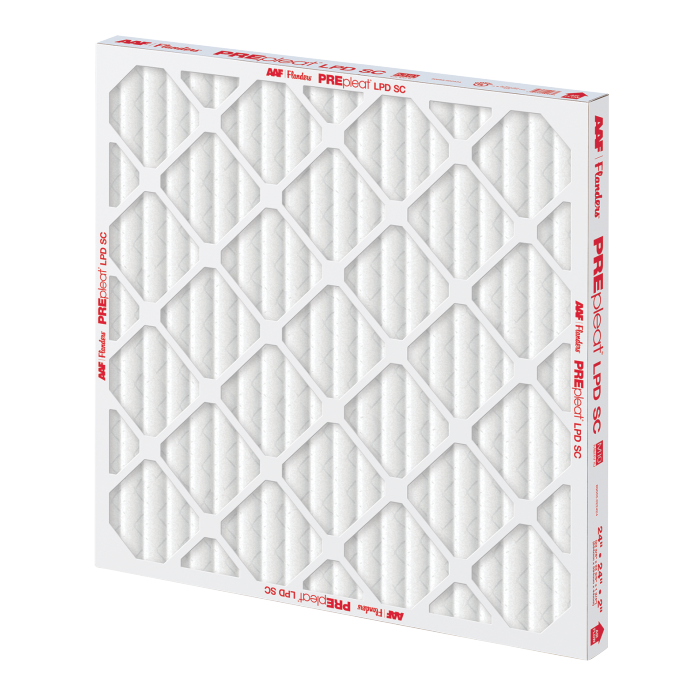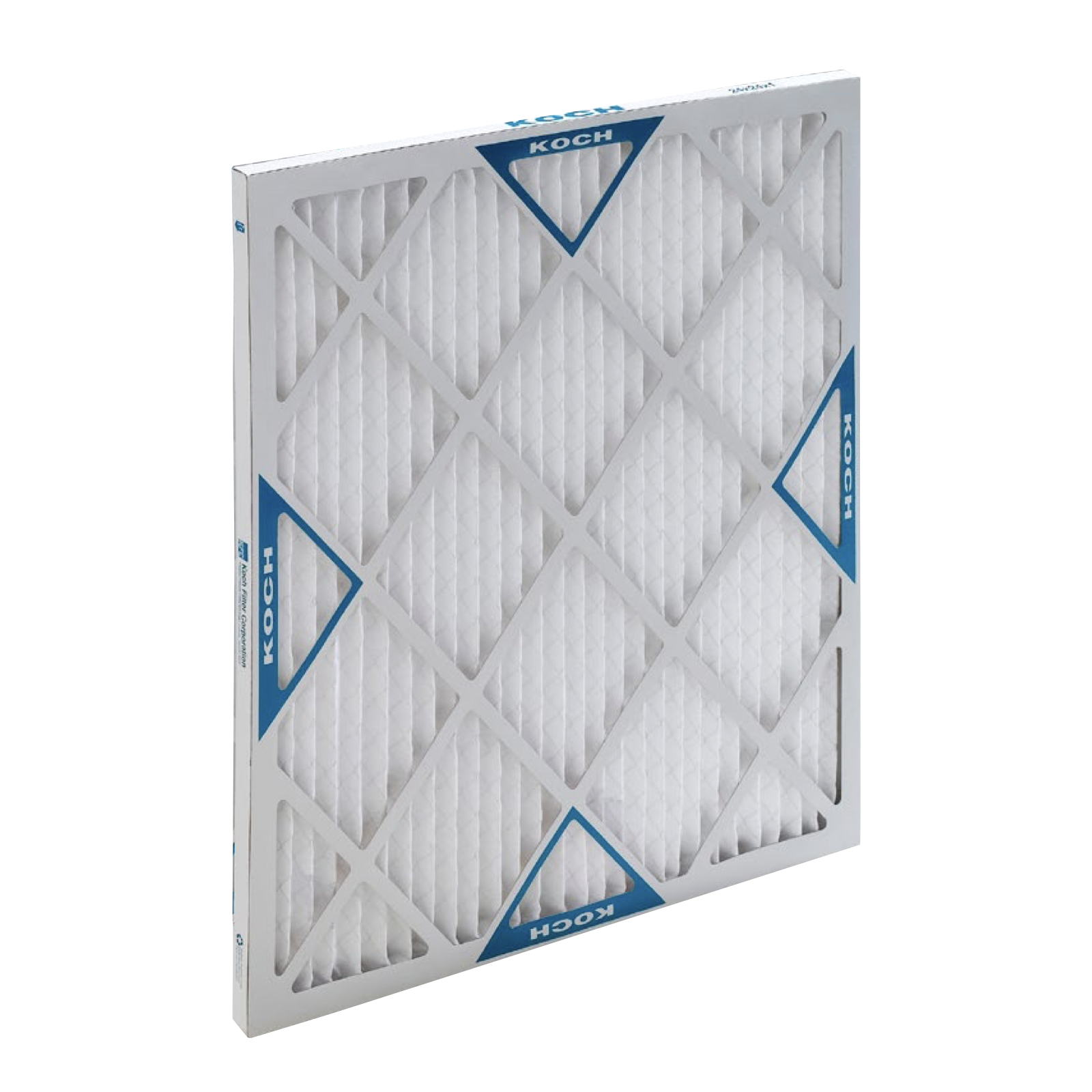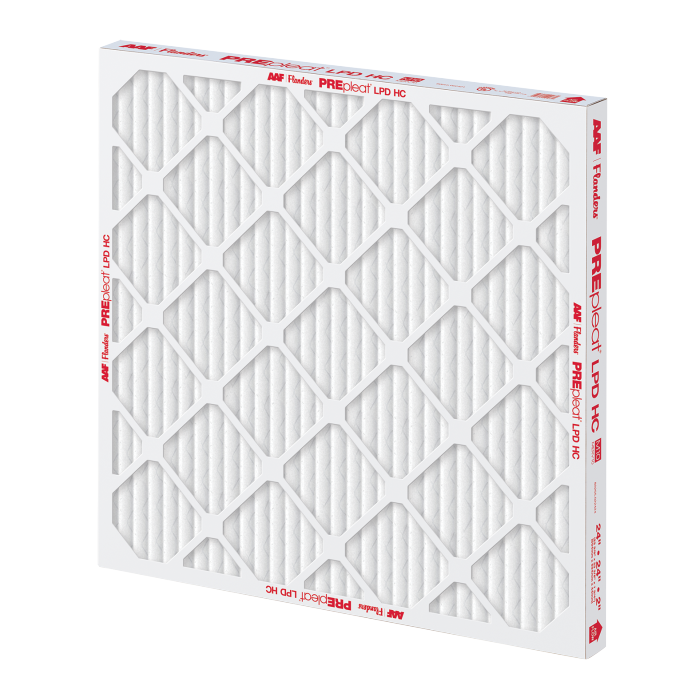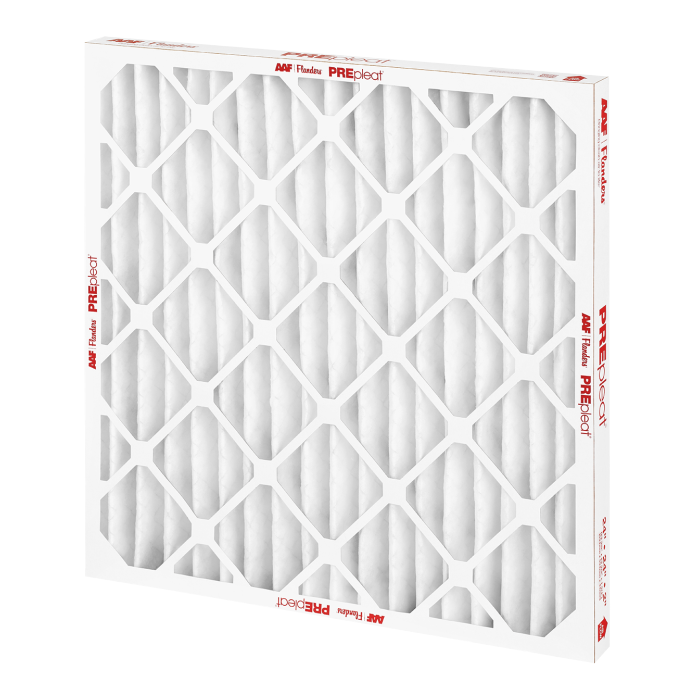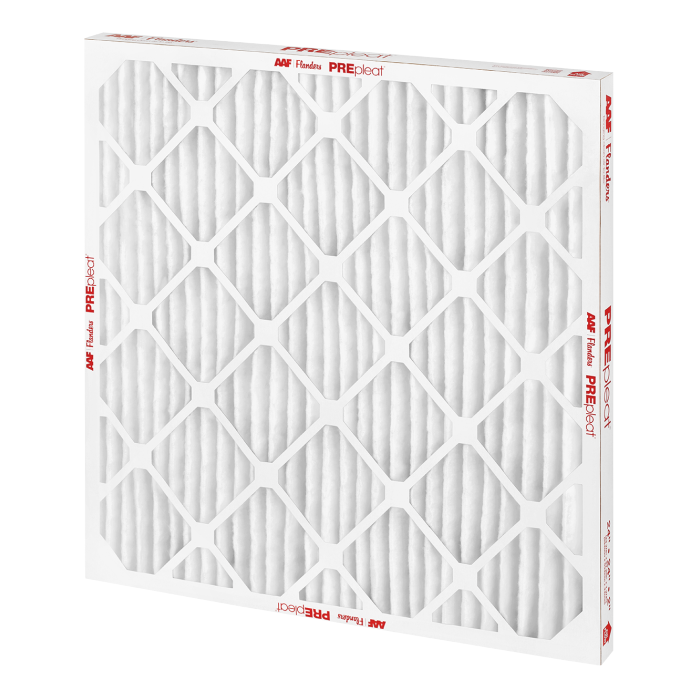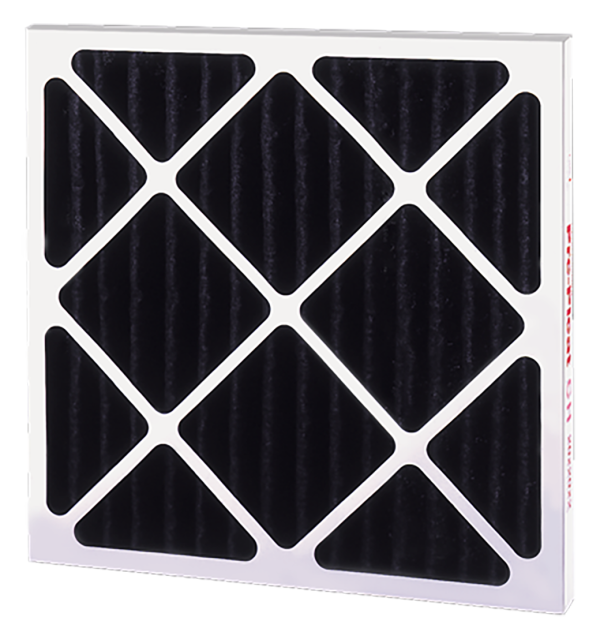With the amount of time the average person spends indoors, it would help to ensure that indoor air quality supports health. Poor air quality in your home can compromise your immune system, making you vulnerable to adverse effects and illnesses.
Continue reading below to learn six ways that indoor air quality can affect your immune system.
Respiration Infections
Air containing microscopic particulate matter like mold spores and bacteria can travel into airways and harm the lungs. Hazards like smoke and dust can fill your lungs, causing chest pain, shortness of breath, coughing, and throat irritation.
Poor indoor air quality can also lead to infections, like pneumonia, chronic lung diseases such as asthma, or lung cancer.
Allergy Issues
Indoor air can have allergens, like pet dander, dust mites, pests, and mold. Many of these particles thrive in furniture, bedding, and carpets. Those allergic to animals can show reactions to proteins found in bodily fluids and hair that remain high for several months.
Insects and pests can trigger allergy symptoms year-round. Many prefer damp, warm conditions and food sources.
Inflammation Problems
Over time, inhaling polluted air can initiate the release of white blood cells into your bloodstream, ultimately increasing inflammation. This adverse effect can cause many symptoms, like muscle pain, headaches, and loss of appetite.
Heart Disease
Long-term exposure to ambient pollutants and particulate matter can prematurely age blood vessels. This shift can contribute to more rapid calcium buildup in coronary arteries, ultimately restricting blood flow to the heart.
With nowhere for blood supply to travel, the heart muscles experience damage, increasing the likelihood of cardiovascular events such as strokes and heart attacks.
Nausea and Dizziness
Other pollutants, like carbon monoxide, are colorless and odorless. However, the gas's subtle characteristics can cause various symptoms such as nausea and dizziness.
When you unknowingly breathe in emissions, the poison replaces the oxygen in your bloodstream, resulting in your brain, heart, and body becoming oxygen-deprived.
Fatigue and Lethargy
While experiencing what feels like chronic tiredness can be a result of living everyday life, underlying causes like poor indoor air quality can be at fault. Indoor air pollution can make you tired, sluggish, and forgetful.
As mentioned, many pollutants can destroy red blood cells and lower the body's capacity to carry oxygen. This can break down the brain, muscles, and organs, leaving you feeling more exhausted than usual.
Indoor air quality affects your immune system in many ways, but you can take swift action to help reduce harmful pollutants and emissions within your residence. You can combat ambient pollution when you order air filters online with Remember The Filter. Our inventory contains leading brands that you can trust!


